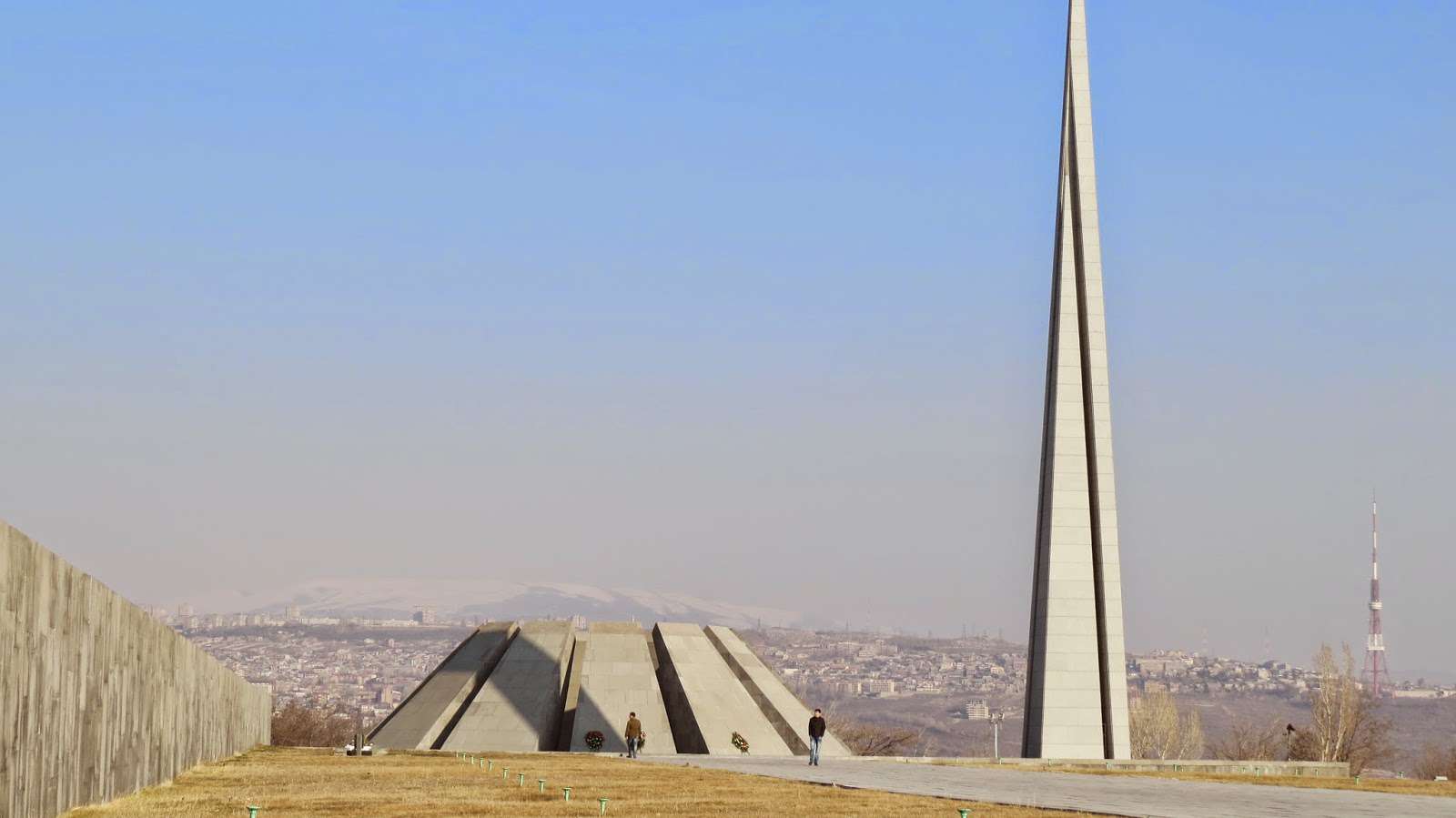Today, April 24, marks the 110th anniversary of the Armenian Genocide. In 1915, the systematic extermination of the Armenian population began in the Ottoman Empire. This crime, carried out by the Young Turk government, was accompanied by arrests, murders, and forced deportations. About 1.5 million Armenians perished or died in the deserts from hunger and disease.
What happened in 1915? Religious, ethnic, or economic conflicts between Armenians and Turks cannot explain the genocide. Armenians and Turks coexisted in the Ottoman Empire for centuries, although the Christian and Muslim communities had unequal status. The state provided stability, which was broken in the late 19th century.
The Armenian Genocide had a clear political purpose. After the liberation of the Balkan peoples, the Armenian question entered the international agenda, especially with Article 61 of the Treaty of Berlin (1878), which demanded reforms in the Armenian provinces. The Turkish authorities, fearing territorial losses, began to perceive the Armenians as a threat. The physical extermination of the Armenian people became a means of preserving the territorial integrity of the empire.
In the years 1878–1915, the actions of Sultan Abdul Hamid II and the Young Turk government aimed to methodically eliminate the presence of Armenians in the Ottoman Empire, first through mass massacres and then through the genocide of 1915.
Although Turkey still denies the fact of the genocide, many countries and international organizations around the world have officially recognized it.




















